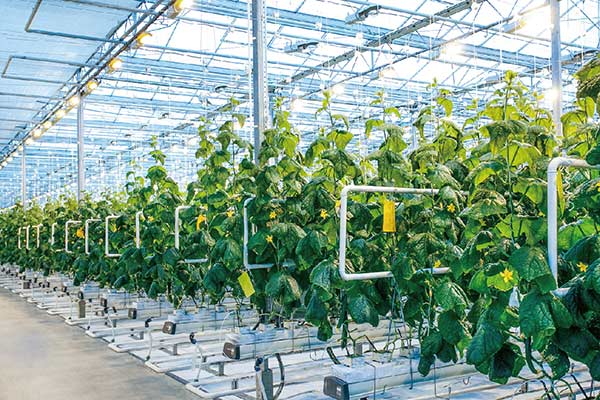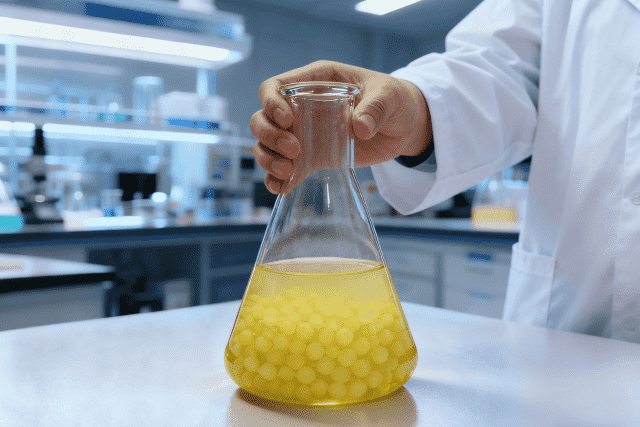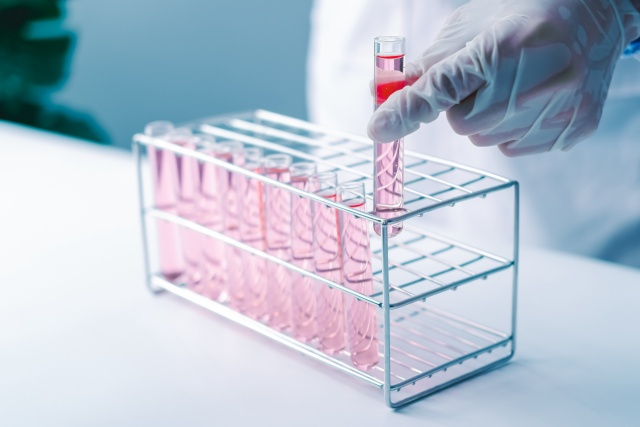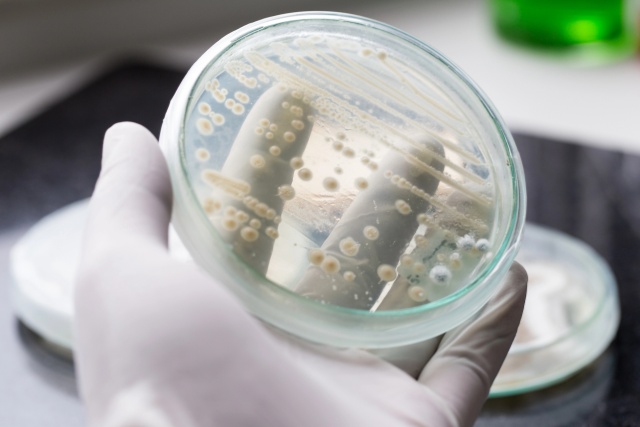Agriculture is the world's largest industry, employing more than one billion people and generating over $1.3 trillion of food annually.1
However, the methods employed in farming practices can have far-reaching consequences. As the world's population rises, the pressure on agricultural resources continues to grow, which in turn is impacting the health of the planet.
Intensive agricultural methods have served as the main method of soil cultivation and contribute significantly to greenhouse gas emissions. Nitrous oxide, methane and carbon dioxide emissions from agricultural practices play a key role is exacerbating climate change. In the UK alone, agriculture accounts for 69% of nitrous oxide and 48% of methane production, underscoring the industry's substantial environmental footprint.2
The application of fertilizers and insecticides, the rearing of livestock, the use of heavy-duty machinery and the burning of crop stubble are all factors that contribute to greenhouse gas emissions. And although chemical additives can boost crop yields and remove the presence of pests and weeds, they can have negative, long-term effects on soil health.
Over time, chemical additives can destroy soil fertility and disrupt the delicate ecosystems that agriculture depends on. This can result in nitrogen leaching, soil compaction, reduction in soil organic matter and loss of soil carbon.
As factors such as climate change and geopolitical pressures continue to impact crop output and wider food production, agricultural methods have come under the spotlight, with more focus on sustainable practices that benefit the health of the planet and its people emerging. But how can food producers efficiently maintain yields and quality while adopting more environmentally friendly methods?

Biostimulants: Benefits for plants and soil
Biostimulants are biological products designed to promote the physiological processes within plants. The term biostimulant is believed to have been coined by horticulture specialists to describe GM-free substances that "promote plant growth without being nutrients, soil improvers or pesticides".3 Biostimulants can consist of either organic or inorganic materials and are emerging as a sustainable solution to address a range of challenges from climate change to food security.
The benefits of adopting biostimulants in agricultural practices include maintaining production during adverse conditions, such as drought, heat, frost, root asphyxia, weeding, hail, and so on, as well as offering the potential to grow plants in sub-optimal soil, thereby reducing the need for fertilizer input.
Biostimulants have been shown to promote effects on hormonal balance and enhance photosynthetic activities by increasing the content of photosynthetic pigments, carotenoids.4
As well as reducing dependency on chemical fertilizers and additives, biostimulants can also help promote the quantity and quality of crops, and even be used as a tool to solve the challenge of food security. Biostimulants are regulated at EU level and, according to the European Biostimulants Industry Council (EBIC), they have four core functions:
To improve nutrient use efficiency and root development, allowing plants to make better use of nutrients through the roots and increase the amount of nutrients they can absorb, in order to maintain yields even when nutrients are reduced.
To improve plants' tolerance to abiotic stress in adverse environmental conditions, such as heat, drought and cold, while promoting growth and stress resistance. One way of promoting this is encouraging plants to explore deeper soil layers during the drought season.
To improve quality traits, such as sugar content and the depth of color of fruits, such as tomatoes.
To improve the availability of beneficial nutrients in the soil, such as phosphorus, and increasing soil fertility which can promote crop growth and yields.
These functions can lead to a reduced need for fertilisation and increased efficiency for growers by reducing production costs across a range of crops while improving food quality.
A yeast glycoside biostimulant
Yeast glycoside is a biostimulant rich in yeast polysaccharides, nucleic acids, amino acids and other substances obtained from Saccharomyces cerevisiae (Brewer's yeast) by liquid fermentation. It is then concentrated or dried after autolytic or exogenous enzymatic hydrolysis.
Angel Yeast has developed a biostimulant, a series of protein hydrolysates, such as yeast extracts and protein peptides, for the biostimulants market. The products are rich in components with biological-stimulating functions, including amino acids, small peptides, nucleotides, vitamins and oligosaccharides, which promote the reproduction and growth of soil microorganisms, activating soil nutrients.
Yeast extract in biostimulant applications has been shown to:
Improve quality and increasing the yield Small molecule oligopeptides inside yeast extract can be absorbed by crops, reducing the pressure of metabolic synthesis in the early stage of crop growth, promoting chlorophyll synthesis, enhancing photosynthetic efficiency and accumulating photosynthetic products. Meanwhile, glucan and mannose oligomers derived from yeast cell walls can promote the absorption and transportation of trace elements such as calcium and magnesium, and achieve the effect of improving crop quality and increasing production.
Activate the soil The amino acids, nucleotides and B vitamins rich in yeast extract can quickly promote the reproduction and growth of soil microorganisms and activate soil nutrients.
Promote growth and resistance Degradation substances from yeast nucleic acid such as purines, pyrimidines and other natural endogenous growth factors can significantly promote cell division and stimulate root elongation. In addition, the synergistic effect of amino acids and trehalose (naturally occurring sugars) can help plants overcome abiotic stresses.
Thanks to the biostimulant's chelating abilities, it can enhance the efficiency of macronutrients and micronutrients and reducing the need for chemical fertilizers. When used in conjunction with biofertilizers, it can shorten the lag phase of microbial activation after application to the field. When combined with humic acid (produced by decaying plants), seaweed extracts, and other biostimulants, it remains stable and can synergistically enhance growth effects.
Biostimulants for a sustainable future
By innovating with environmentally friendly biotechnology, Angel Yeast is committed to provide high quality, stable, differentiated new raw materials and solutions for biological control, biological stimulation and biological restoration, to promote human health and sustainable development. As the world population continues to grow and food security becomes an ever-pressing concern, producing food in a most sustainable way possible is crucial. Biostimulants are well placed to be at the forefront of the future of food production.
References
2. Gov.UK. Agri-Climate Report 2022.
3. Jardin P. Plant biostimulants: Definition, concept, main categories and regulation. Scientia Horticulturae, Volume 196, 2015, Pages 3-14, ISSN 0304-4238.
4. Baltazar M.; Correia S.; Guinan K.J.; et al. Recent Advances in the Molecular Effects of Biostimulants in Plants: An Overview. Biomolecules. 2021; 11(8):1096. doi: 10.3390/biom11081096. PMID: 34439763; PMCID: PMC8394449.
This exclusive article was published in Foodnavigator.
About Angel Fermentation Nutrients:
About Angel:
email: qingeng@angelyeast.com




